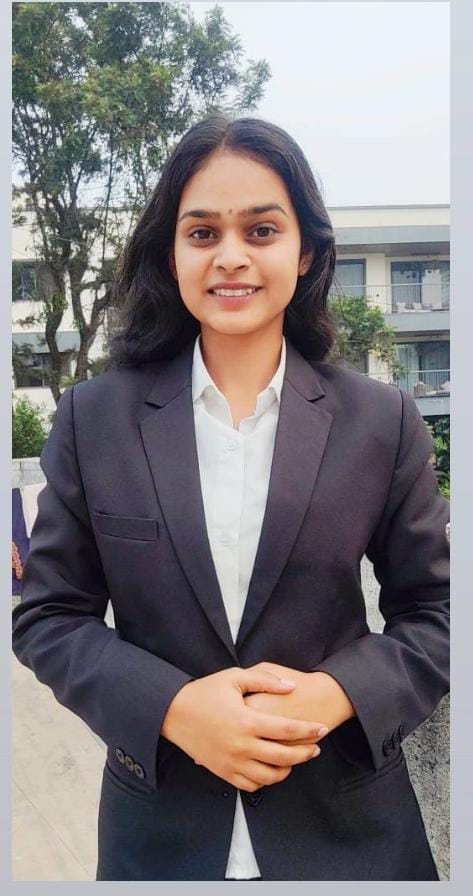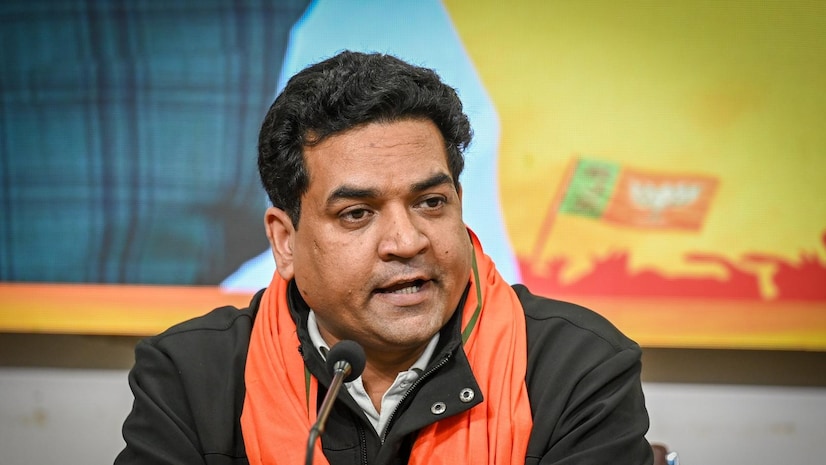On March 18, 2025, the Delhi High Court refused to put a stay on the trial court proceedings towards Delhi Minister Kapil Mishra in connection with his allegedly communal tweets made throughout the 2020 Assembly elections.
The court, but, issued a note on his attraction challenging the trial complaints and sought responses from the prosecution. The case started from Mishra’s remarks on social media that were allegedly aimed at inciting division and selling enmity among one-of-a-kind spiritual agencies.
This decision holds significance because it highlights the judiciary’s stance on ensuring responsibility for statements made through political figures for the duration of election campaigns. The court’s ruling reiterates that the prison system have to take its due route without external intervention, reinforcing the importance of adherence to election laws and the Model Code of Conduct.
Background of the Case
The controversy surrounding Kapil Mishra started out in January 2020, just before the Delhi Assembly elections. Mishra, who changed into then related to the Bharatiya Janata Party (BJP), had published a chain of tweets relating to the anti-Citizenship Amendment Act (CAA) protests at Shaheen Bagh.
In certainly one of his tweets, he allegedly defined Shaheen Bagh as a “mini-Pakistan” and framed the electoral contest as a conflict between “India and Pakistan.”
These comments brought outrage and have been extensively criticized for their capacity to stir communal tensions. The Election Commission of India (ECI) took focus of the statements, leading to file a case under Section 125 of the Representation of the People Act, 1951.
Section 125 prohibits selling enmity between instructions in reference to elections and aims to decrease hate speech during campaigns.
Following the FIR, a trial courtroom issued summons to Kapil Mishra, directing him to appear inside the case. Mishra, in return, challenged the lawsuits, arguing that his statements did no longer quantity to an offense under the Representation of the People Act and that the case against him became politically inspired.
Delhi High Court’s Observations
Justice Ravinder Dudeja of the Delhi High Court, who heard the case, declined to intrude with the trial proceedings at this stage. The courtroom determined that there was no immediate want to stay the trial and instead issued a notice to the prosecution, asking them to file their response to Mishra’s petition inside four weeks.
The court set the following date of hearing to for May 19, even as the trial court proceedings are scheduled to preserve from March 20. The refusal to live the proceedings indicates the court’s inclination to permit the trial technique to continue with out undue delays, making sure that due procedure is observed.
One of the key arguments raised by means of Mishra’s counsel turned into that Section 125 of the Representation of the People Act is a non-cognizable offense, that means that earlier approval from the precise authority is needed earlier than an FIR can be registered.
His defense additionally contended that the tweets in question did no longer explicitly refer to any specific religious community and were merely part of political rhetoric for the duration of the elections.
However, the prosecution maintained that Mishra’s comments had been truely intended to create a divide between communities and have an impact on voters on non secular lines. They mentioned that each the Justice of the Peace and the periods courtroom had formerly upheld the summons, recognizing that there was sufficient floor to proceed with the case.
Legal and Political Implications
The case towards Kapil Mishra raises numerous critical legal and political questions. The Representation of the People Act was enacted to make sure free and truthful elections by using stopping inflammatory statements that would disrupt communal concord. Section 125 particularly criminalizes efforts to sell enmity between special businesses within the context of elections, emphasizing that political speech should now not cross the line into hate speech.
Mishra’s case is also significant in mild of broader issues over using communal rhetoric in Indian politics. Over the years, there have been multiple times in which political leaders were accused of making divisive statements during election campaigns. The judiciary has frequently been referred to as upon to determine the limits of free speech, mainly with regards to statements made in the heat of political contests.
By refusing to halt the trial proceedings, the Delhi High Court has indicated that allegations of hate speech ought to be tested thoroughly in a courtroom of regulation. If convicted below Section 125, Mishra may want to face prison outcomes, which include disqualification from contesting elections. This case, consequently, may want to set an crucial precedent for comparable cases in the destiny.
Role of the Election Commission and Free Speech Debate
The Election Commission of India (ECI) performs a crucial function in monitoring election campaigns and taking action against violations of the Model Code of Conduct. In 2020, the ECI had taken swift action against Mishra, briefly banning him from campaigning due to his remarks. However, the broader question stays: How powerful are legal provisions in stopping communal rhetoric during elections?
There is an ongoing debate approximately the balance among unfastened speech and accountable political discourse. While politicians have the proper to express their perspectives, statements that deliberately searching for to divide society along spiritual traces undermine the ideas of democracy. The judiciary’s function, in such instances, is to make sure that unfastened speech is not misused as a device for electoral advantage on the price of social harmony.
Public and Political Reactions
The Delhi High Court’s ruling has sparked various reactions from specific quarters. Supporters of Kapil Mishra argue that he is being unfairly focused for expressing his perspectives, whereas critics see this as a vital step in the direction of retaining politicians answerable for inflammatory statements.
The ruling BJP has maintained that Mishra’s comments ought to be considered in the context of the political weather on the time, even as competition events, inclusive of the Aam Aadmi Party (AAP) and the Congress, have welcomed the courtroom’s selection to permit the trial to proceed. Many civil society businesses and felony specialists have also expressed help for the court’s stance, emphasizing that felony scrutiny is essential in such instances.
Several activists and political analysts have mentioned that communal rhetoric has been a routine function of Indian elections, cutting throughout celebration lines. They argue that strict enforcement of legal guidelines like the Representation of the People Act is essential to discourage politicians from resorting to divisive approaches.
Conclusion:
The Delhi High Court’s decision to allow the trial towards Kapil Mishra hold marks an vital second within the legal struggle towards communal rhetoric in politics. While Mishra’s prison crew will maintain to contest the case, the refusal to provide an immediate stay sends a robust message that courts will now not lightly disregard allegations of hate speech.
As India prepares for future elections, this situation serves as a reminder that political leaders should be aware in their words and the capacity impact they are able to have on social concord. The final results of this example ought to shape destiny prison and electoral strategies, reinforcing the significance of responsible speech in a democracy.
Regardless of which side one takes inside the debate, one issue stays clean: the intersection of law, politics, and unfastened speech will continue to be a crucial vicinity of debate in India’s democratic framework. The coming months will display how this situation unfolds and what precedent it could set for future instances of alleged communal statements during elections.
About Author

References:
4.https://lawchakra.in/high-court/shaheen-bagh-pakistan-kapil-mishra/

